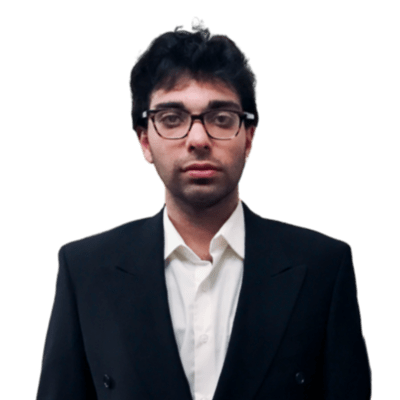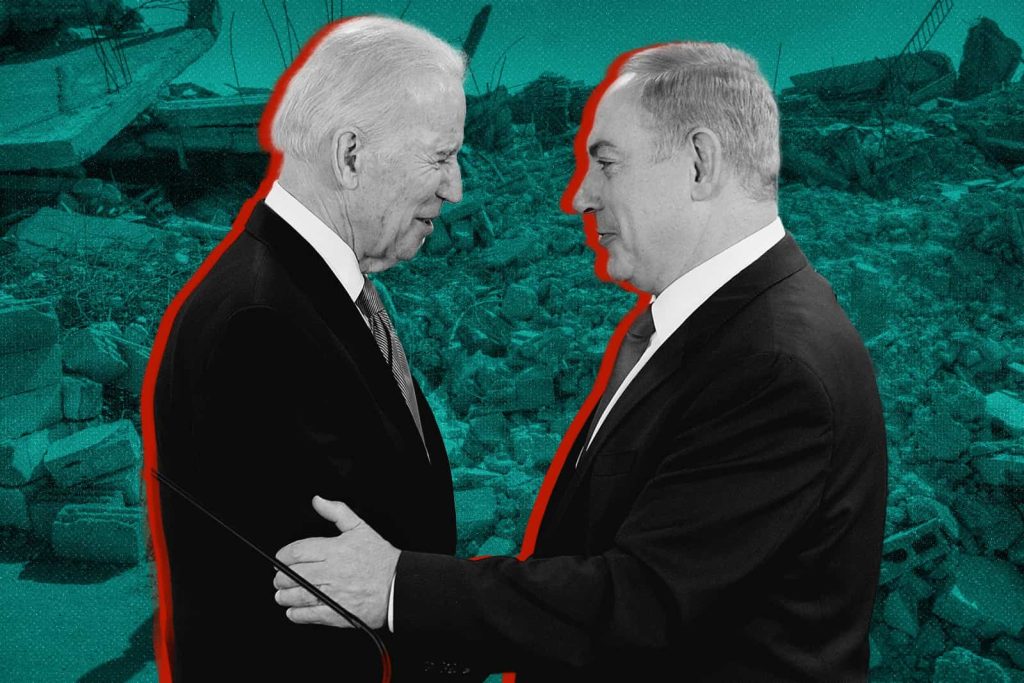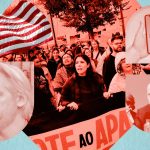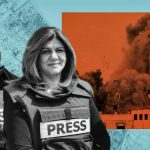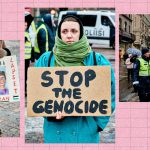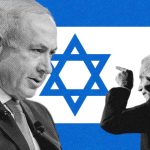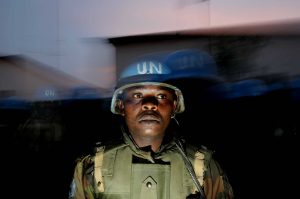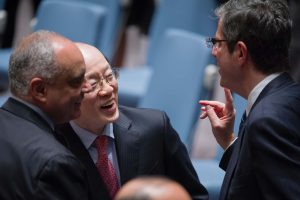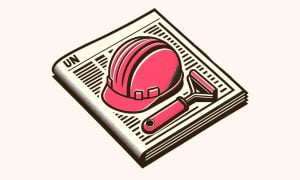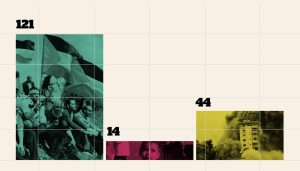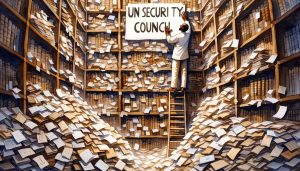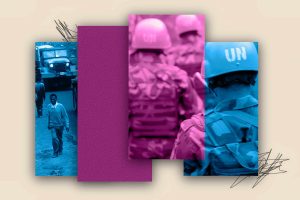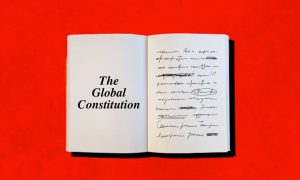While accountability for wrongdoing of UNRWA is necessary, collective punishment that exacerbates the suffering of the vulnerable is neither just nor effective.
On the 27th of January, a day after Israel was ordered by the International Court of Justice to take all measures to prevent its genocidal acts in Gaza, Germany, Canada, the UK and six other Western nations joined the US in pausing funding for the UN Palestinian refugee agency (UNRWA). This decision followed Israel’s allegation that 12 UNRWA employees were involved in the October 7 Hamas terrorist attack.
UNRWA, a UN agency founded in 1949 by the UN General Assembly, responded by terminating the employment of the accused individuals and initiating a thorough investigation. Secretary-General António Guterres expressed his horror at the allegations, stating that those found guilty would face criminal prosecution.
While UNRWA’s probe into Israel’s allegations is crucial, the decision to cut funding to a vital UN agency, which employs about 28,000 Palestinians and provides essential services including education, healthcare and social services to Palestinian refugees in response to the misconduct of 12 individuals, is nothing short of disproportionate and egregious. This is especially so during a conflict in which over 25,000 Palestinians have died and nearly 2.8 million of Gaza’s population has been displaced.
In a statement on Twitter, Philippe Lazzarini, the Commissioner-General of UNRWA, said: “UNRWA’s critical assistance is at risk following the decision by countries to cut funding. Our humanitarian operation, a lifeline for 2 million people in Gaza, is on the brink of collapse. The decision, based on the alleged conduct of a few, as the conflict worsens and famine looms, is shocking. The additional collective punishment of Palestinians in Gaza is unnecessary and reflects poorly on all of us.”
Israel has a long history of labelling UNRWA as a supporter of Hamas. In 2004, Israel claimed that UNRWA ambulances were transporting rockets. However, an investigation found no evidence supporting Israel’s claim. The then Secretary-General, Kofi Annan, reviewed the Secretariat’s Investigation Team report concerning the Israeli allegations against UNRWA personnel.
“The Secretary-General notes the Team’s conclusion that the allegation of a rocket being loaded into a UNRWA ambulance was unfounded, as the object was, in reality, a folding stretcher, standard equipment in UNRWA ambulances.”
Of course, UNRWA is far from a perfect organisation. Providing education and essential services to Palestinian refugees in Gaza, Jordan, Lebanon, Syria, all of which are in turmoil, and dealing with both far-right Jewish extremists and Hamas, a group considered a terrorist organisation by many countries and a direct challenger of the apartheid, presents a significant challenge.
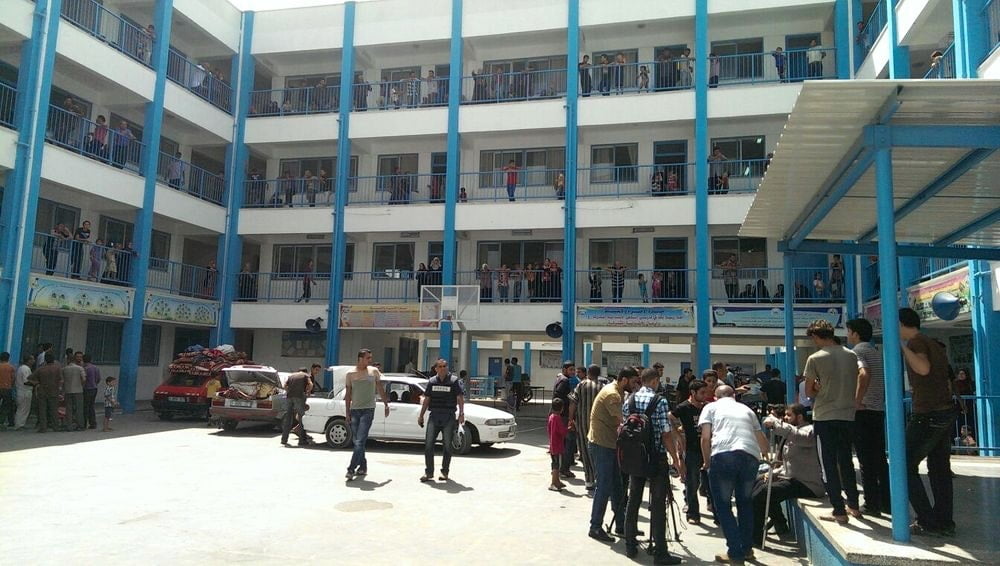
In 2014, Secretary-General Ban Ki-moon ordered a review after reports surfaced that an UNRWA school was used to store Hamas rockets. This time the report concluded that “it was highly likely that a Palestinian armed group might have used the premises to hide weapons.” Regardless, UNRWA was quick to condemn this as a blatant breach of international law and confirmed the removal of the rockets and the notification of the concerned parties.
Another investigation by UN Watch in March 2023 disclosed the indoctrination of Palestinian children by a small group of UNRWA staff. The report identified 20 staff members, who publicly celebrated the October 7th Hamas attack on Israeli civilians.
While UNRWA donors must enforce a zero-tolerance approach towards employees promoting racism or violence, double standards are evident. When Israeli journalist Yinon Magal captured a video of Israeli soldiers singing and chanting for the occupation of Gaza and to ‘wipe off the seed of Amalek’ (a reference to an ancient biblical enemy of the Israelites, often used metaphorically to symbolise the eradication of perceived enemies), saying there were no ‘innocent civilians’ in Gaza, the US did not stop providing Israel with weapons. In fact, despite the findings of the ICJ, the world’s highest court, regarding a “plausible case of genocide” unfolding in Gaza, instead of immediately halting arms transfers, the Biden administration is still sending a bottomless supply of armaments to Israel.
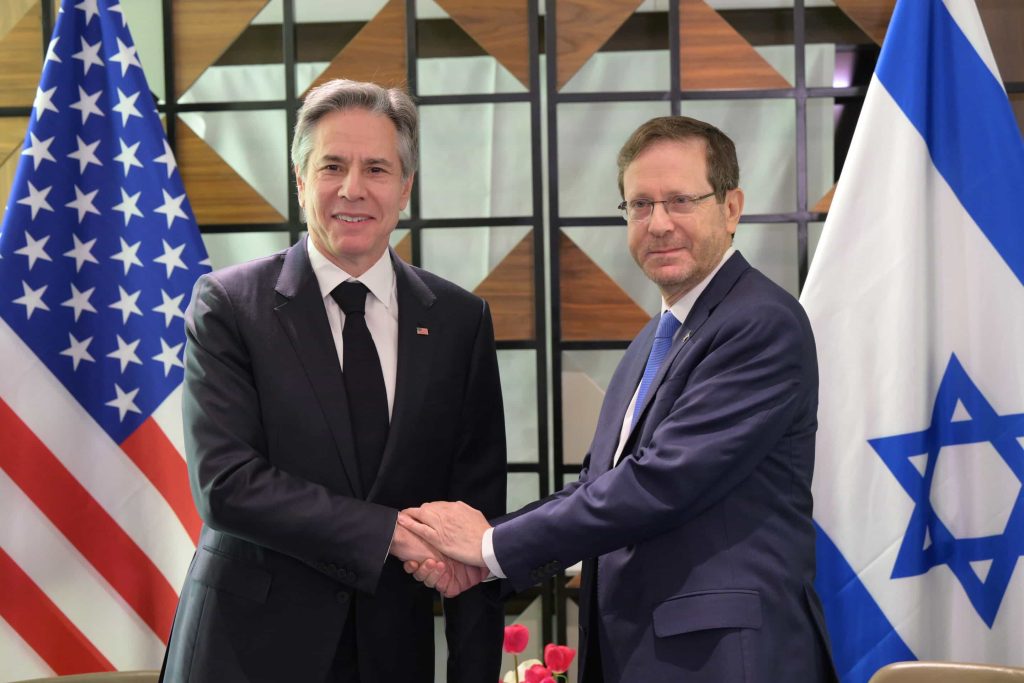
A minority within UNRWA employees may harbour radical views, just as elements within the Israeli political scene do. However, with UNRWA’s support now jeopardised, who will step in to assist the 1.8 million people, roughly 85 percent of Gaza’s population, displaced by Israel, which has left their homes, places of worship, cultural sites, hospitals and vital infrastructure in ruins.
Following the decision by many Western nations and long time supporters of Israel to cut funds, Micheál Martin, Ireland’s defence minister, remarked: “UNRWA’s 13,000 employees provide life-saving assistance to 2.3 million people, often at great personal risk. Over 100 staff were killed in the last four months.” He added, “Ireland has no intention of suspending its support for UNRWA’s critical work in Gaza.”
The world is witnessing overt discrimination against Palestinians, and this must end. The decision to suspend funding to UNRWA, a key agency in supporting millions of Palestinian refugees, highlights a concerning disparity in international response. This act, ostensibly based on the actions of a few, overlooks the broader humanitarian crisis and the vital services provided by UNRWA. While accountability for wrongdoing is necessary, collective punishment that exacerbates the suffering of the vulnerable is neither just nor effective.
There is no place for the politicisation of humanitarian aid. The plight of Palestinians, exacerbated by ongoing conflict and displacement, calls for a response grounded in humanitarian principles and the pursuit of peace, rather than political expediency and revenge.


